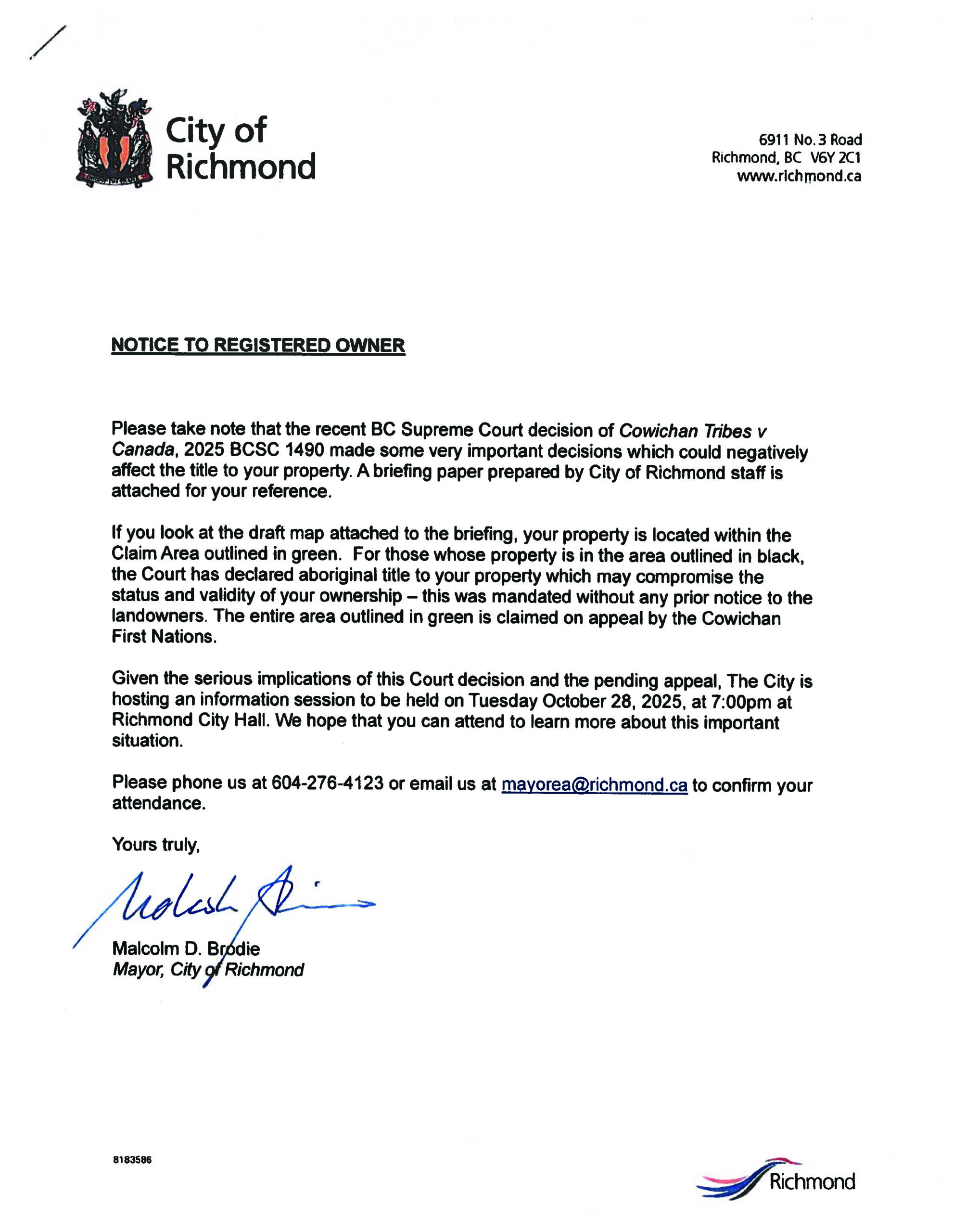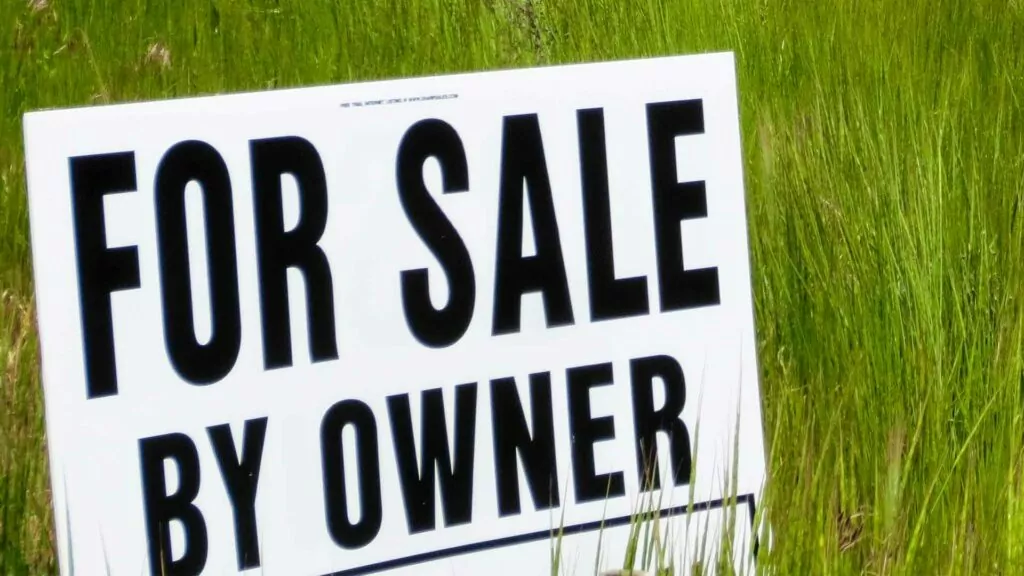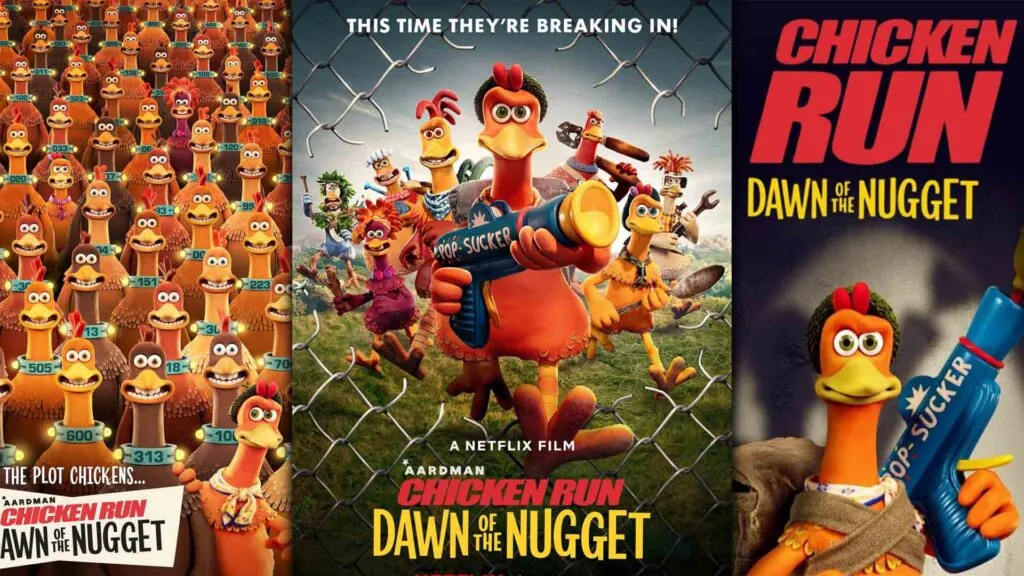The City of Richmond, a suburb of Vancouver, sent out a letter in October to some of its residents, informing them of a recent BC Supreme Court decision which “has declared aboriginal title to your property which may compromise the status and validity of your ownership.”
The court decision, by Justice Barbara Young, is found in an 863-page ruling, resulting from what is claimed to be the longest trial in Canada’s history. She ruled that the Cowichan First Nations “have established Aboriginal title” to about 800 acres in the city, because the ancestors of the Cowichan once had a seasonal fishing village in the area centuries ago. The court ruled that the Crown’s granting of land to settlers was not valid because it infringed on the Cowichan Nation’s title.
The decision is causing understandable unrest among property owners in the area and around the province. If the Cowichan Nation still has title, what does that mean for their ownership? And if this is true for these 800 acres, what does it mean for the rest of BC, given that as much as 95% is claimed to be “unceded traditional First Nations territory”?
The BC government and City of Richmond are appealing the court ruling, though the NDP government has been promoting First Nations land title extensively in recent years. This included recently handing over title to the entire Haida Gwaii archipelago of 10,180 km² to the Haida Nation (or just over 1 percent of the province).
“I think this is one of the most significant rulings in the history of the province, and maybe the country,” Malcolm Brodie, the Mayor of Richmond, said to the Globe and Mail.
“I think it potentially could dismantle the land title system, certainly in our province, with ramifications across the country.”
This is the logical outcome of “land acknowledgements” being read out before meetings, sporting events, and university classes across the province and across the country. The Left kept accusing us all of living, working, and playing on stolen land, and it was only a matter of time before someone with power realized that if property has indeed been stolen then it needs to be returned – that only makes sense.
But so much of this doesn’t make sense. Do the Cowichan own this land because they hunted and lived on it some of the year, hundreds of years ago? If so, then wouldn’t it make sense to apply that same standard towards the Indigenous peoples who did so before the Cowichan? If we are going to restore property said to have been stolen 100 years ago, why not restore it to whatever tribe or nation owned it 200 years, or 500 years ago? Where does it stop? If my great-grandparents stole $10 a hundred years ago, should I feel any obligation to pay it back to the great-grandchildren of the guy whose wallet they took?
Lots of questions here, and there are plenty of biblical texts worth exploring for insight (Num. 5:5-8, Matt. 7:1-2, Lev. 6:1-7, etc.) but for now let’s consider just one. A theft is said to have occurred one hundred years ago, and the 8th Commandment, do not steal, is the basis of the Cowichan complaint. But to hand over this land, as it is today, wouldn’t be righting a wrong, but perpetuating another. If my great-grandparents had invested $10 they stole into starting a business that, through the work of our family’s next three generations, became a multi-billion-dollar enterprise, would I be responsible for returning everything that $10 became? Because that’s what’s being considered today: were the Cowichan to take over this chunk of Richmond, they would be taking developed property worth thousands of times more than the open land that existed there before.
The 8th Commandment, do not steal, is the basis for private property rights and, as economist Barry Asmus and Bible scholar Wayne Grudem have explained, it is
“the necessary foundation for all human flourishing on the face of the earth…. Whenever this commandment is ignored, entire nations remain trapped in poverty forever.”
It’s easy to see how that is so. If this ruling stands and this becomes the new normal in Canada, who would invest here? Who would want to put money down if a judge can decide with a stroke of their pen to give over everything they’ve developed? It’ll be impossible to build an economy without a stable foundation of private property beneath it.
Map at top of article produced with materials from the Native Land Digital App (https://native-land.ca/)













